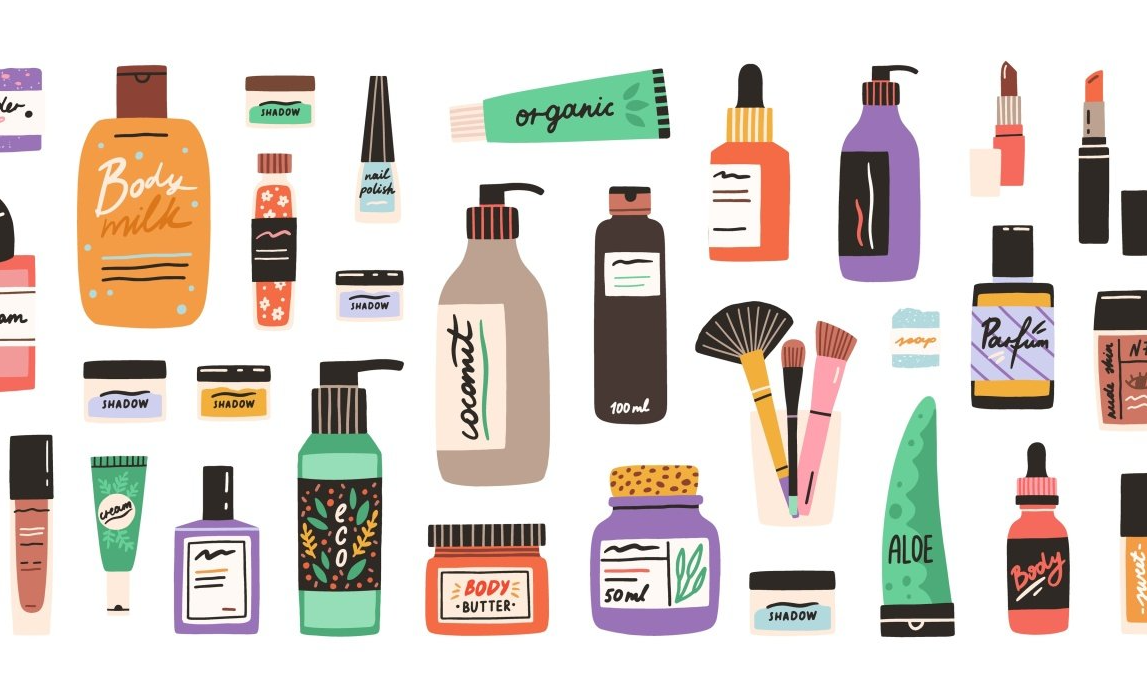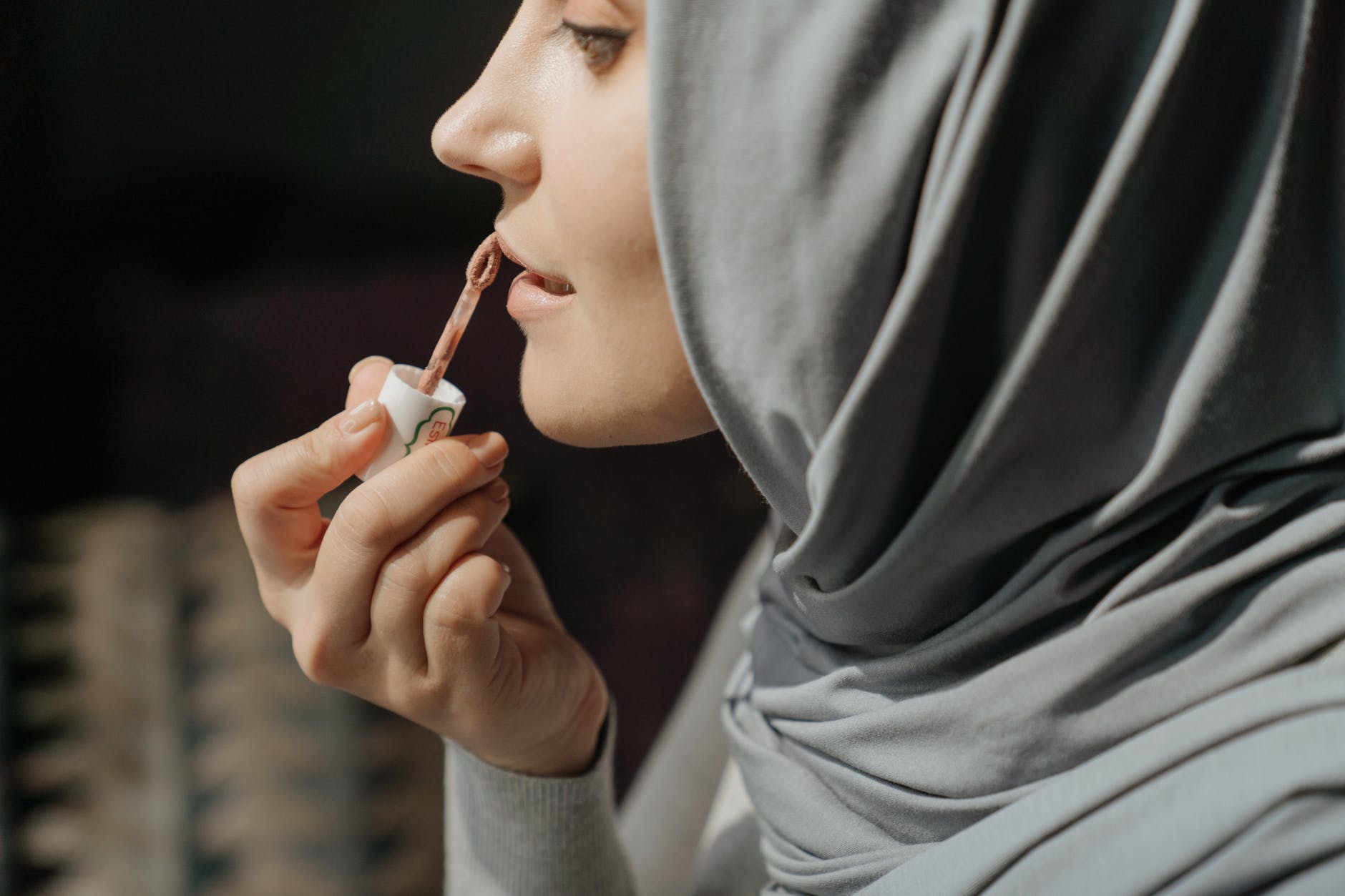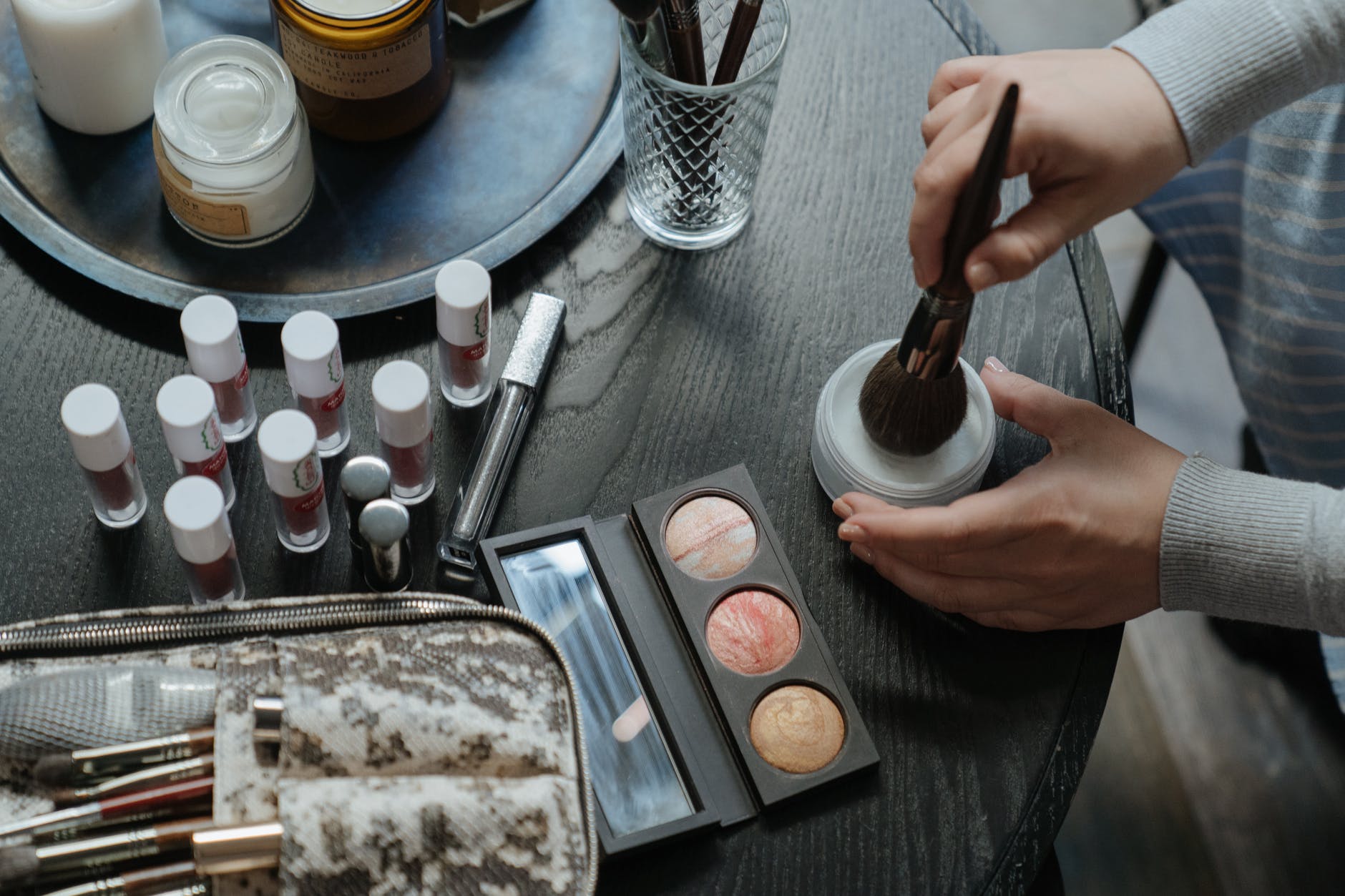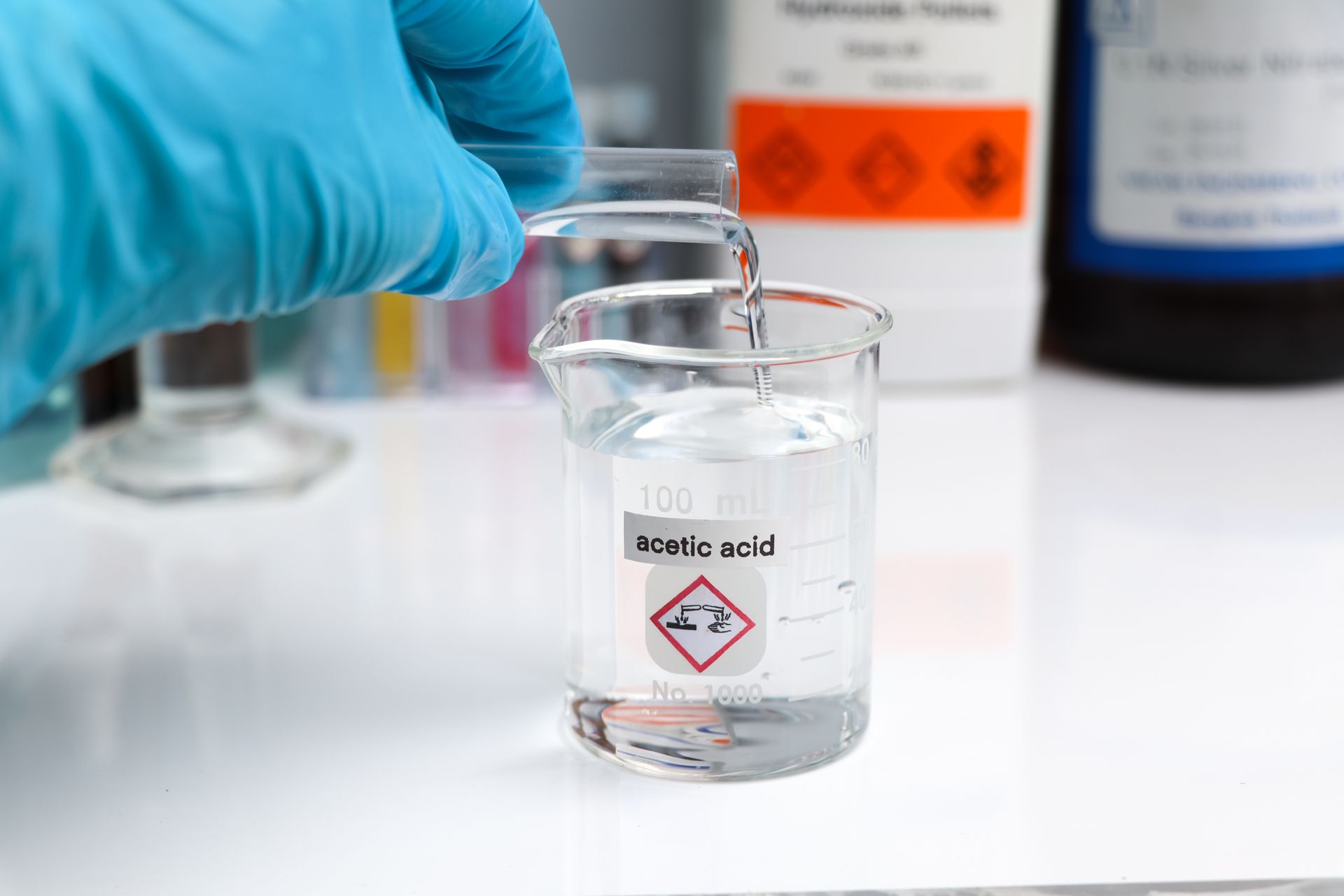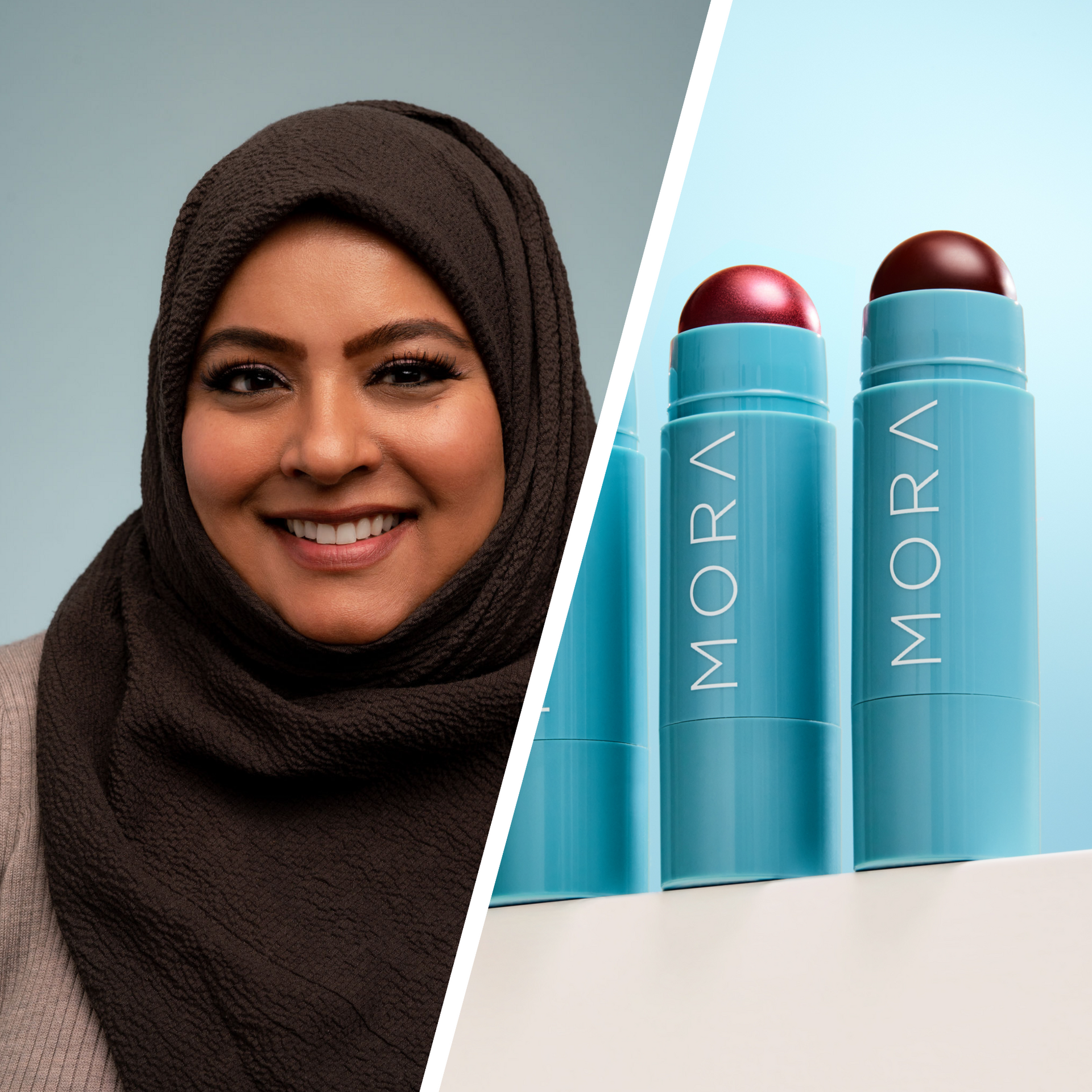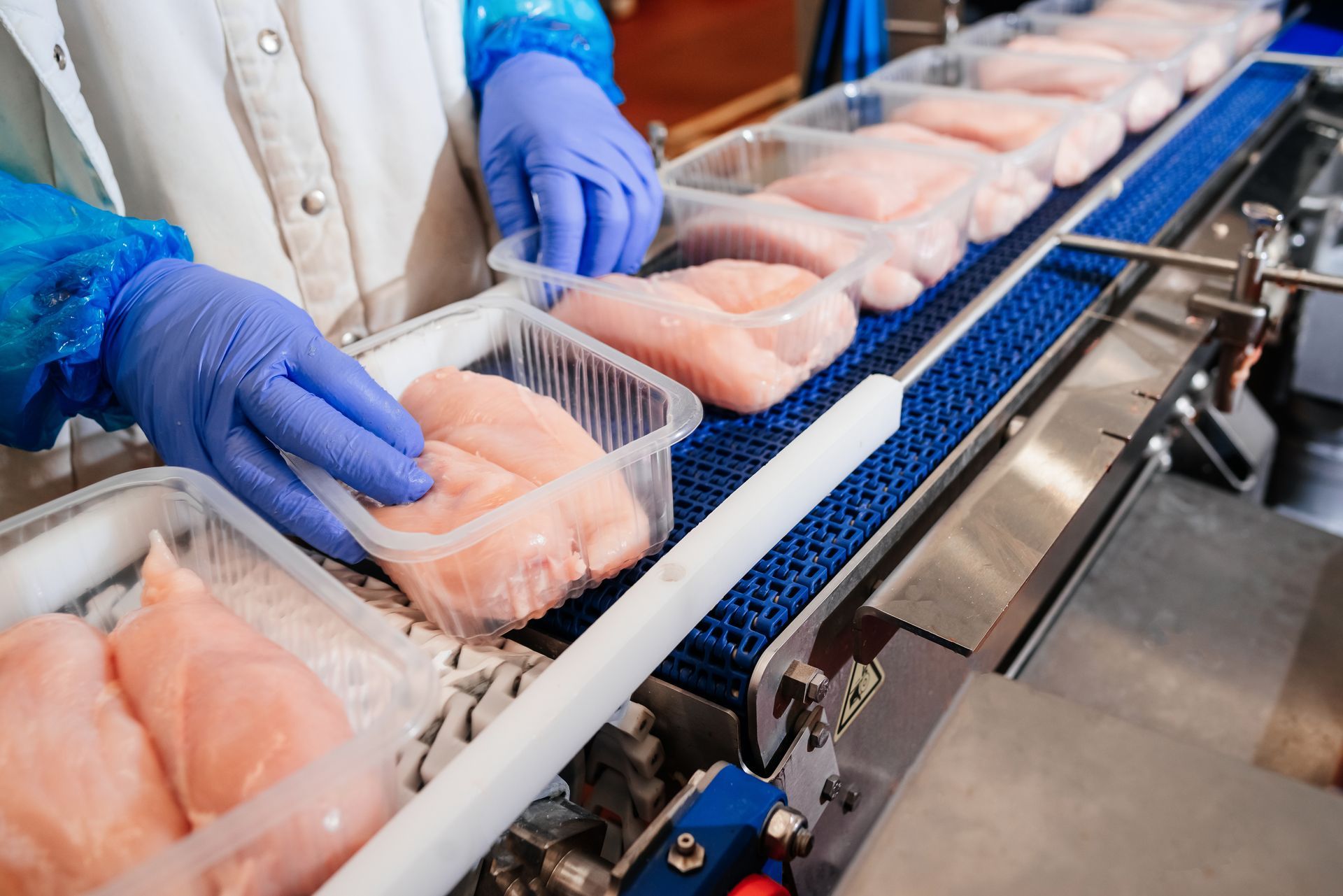1-877-HALAL-WW (+1-877-425-2599)
Everything You Need to Know About the Halal Cosmetic Industry
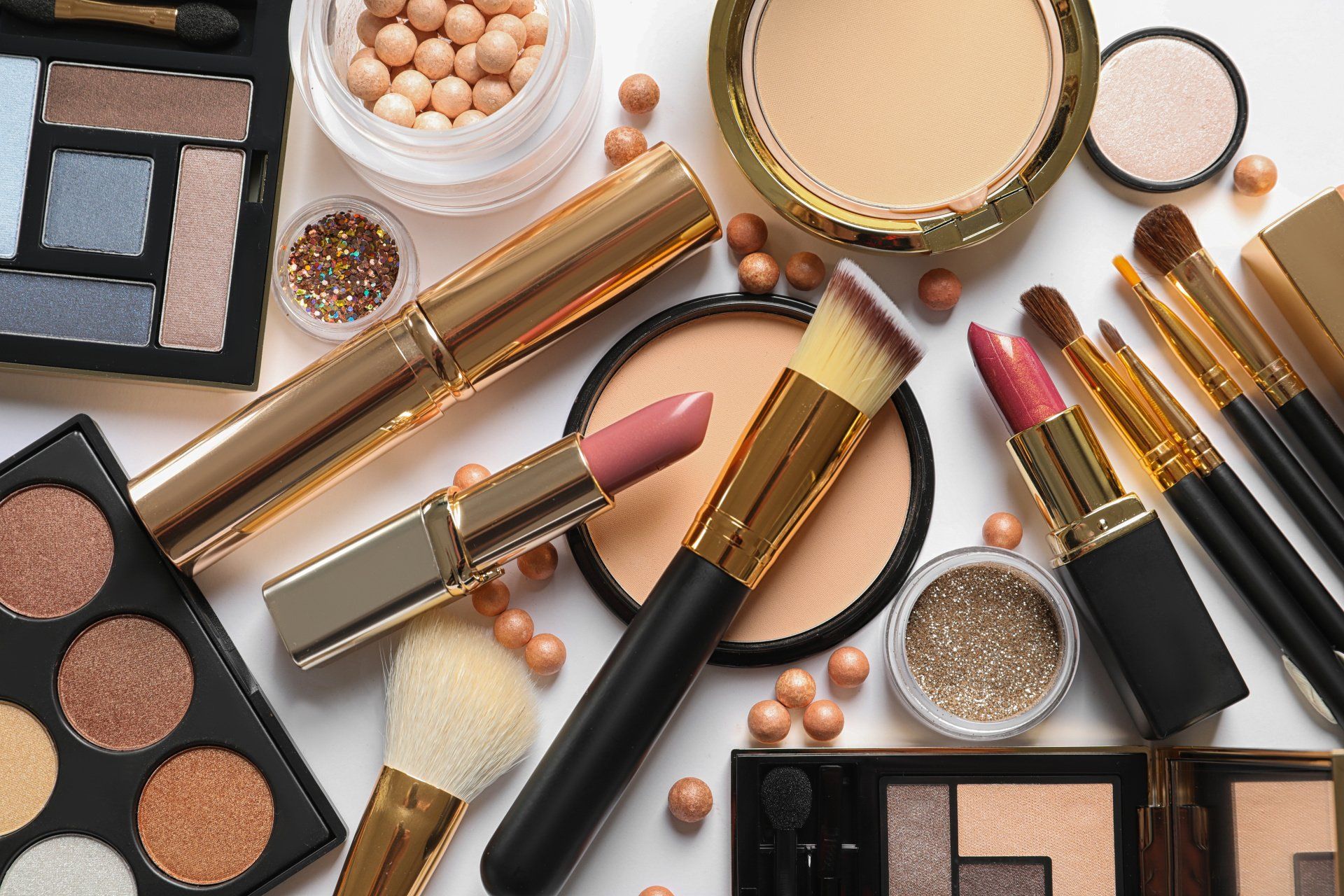
Many Muslim consumers are awakening to the reality that the skin - and what we apply onto it - needs careful attention. The skin is the largest organ of the body, and it is just as important to care for as our inner digestive system.
The increase of organic, vegan, and cruelty-free cosmetics, has for many met the desired standards for products that are healthier for the skin and environmentally friendly. While there is an overlap between these ideals and halal cosmetics, halal-certified beauty products offer a guarantee that not only are wholesome ingredients used, but strict manufacturing and production regulations following Islamic law have been adhered to.
In this article, we've summed up a list of everything you need to know to easily navigate the halal cosmetic industry and strike a balance between beauty and faith.
Modesty is the primordial state of the human being, and it is uniquely inherent to the Islamic faith. Despite the halal cosmetic industry's emergence, the use of cosmetic products with the intention of public adornment is frowned upon. In Surah an-Nur, Allah implores the believing women to ' lower their gaze and guard their chastity, and not to reveal their adornments except what normally appears. Let them draw their veils over their chests, and not reveal their hidden adornments except to their husbands…Let them not stomp their feet, drawing attention to their hidden adornments. Turn to Allah in repentance altogether, O believers, so that you may be successful' (24:31).
What you need to know about the halal cosmetic industry:
What you need to know about halal certification:
To be certified halal, every ingredient in cosmetic products must be traceable . Products must not contain any ingredients derived from pig, carrion, blood, human body parts, predatory animals, reptiles, and insects, among others. Animal-derived ingredients must come from permissible animals slaughtered according to Islamic law. This also applies to application tools such as makeup brushes, where bristle fibers can contain animal by-products. In its preparation, processing, storage, and transport, products need to be in pure and hygienic conditions, free from najis[filth].
The brand labeling and imagery must be in alliance with good Islamic virtues and should not portray any obscenity if it wishes to carry the logo of a local certifying body. The rigor of enforcing these regulations makes it appealing to Muslim and non-Muslim customers alike for its approved quality assurance. The process of getting products certified can take several months and can be costly. For this reason, many brands choose not to apply for certification. In those cases, responsibility would be on the consumer to check the ingredients list to assess their halal legitimacy.
What you need to know about nails:
What you need to know about lips:
What you need to know about animal-derived ingredients:
If the ingredients below appear in a product that has been
certified halal, there should be no concern. However, if products are not certified, you may have to reach out to the cosmetic brand. Most companies have very informative websites and respond timely to customer queries, be it online or in-store .
1. Gelatin
Gelatin is a protein used as a thickening agent. Commonly found in products such as face creams, body lotions, shampoos, or hairsprays, it is well-known for promoting collagen production. It can be porcine (pork), marine (fish), bovine (beef), or poultry (chicken) derived. If the source of the gelatin is from pork, it will always be haram, just as marine-derived gelatin will always be permissible. The status of beef and chicken derived gelatin would be determined by its source from either a halal or non-halal slaughtered animal.
2. Glycerin
The solvent glycerin is a syrupy liquid often found as a by-product of animal fat. Also commonly used is glycerin made from plant extract and glycerin manufactured synthetically. Glycerin is popular in skincare for its moisturizing properties. Plant and synthetic glycerin are permissible, but products that contain glycerin from animal fat should be certified halal to assure consumers of its status.
3. Lanolin
Lanolin is a waxy substance that comes from the fat of wool shearing. It is a rich source of cholesterol present in skincare products for decades. If obtained from non-halal slaughtered animals, it is impermissible, but considered halal if obtained from a living animal.
As consumers in a world with a growing population and developing markets, we need to make informed choices about what we put in and on our bodies. This requires us to be vigilant in choosing our products by making sure ingredients are halal and sourced in an environmentally responsible way. Halal Watch World certified companies such as Lyda Beauty , Alzo International , and West Coast Beauty allow us to choose these products with ease. It's important to note that 'halal' goes beyond what we know about ingredients and is a guide for a well-conditioned life. With a lucrative halal cosmetics industry, more brands should seek halal certification for their products, helping a large portion of their consumers reach a balance between beauty and faith.




